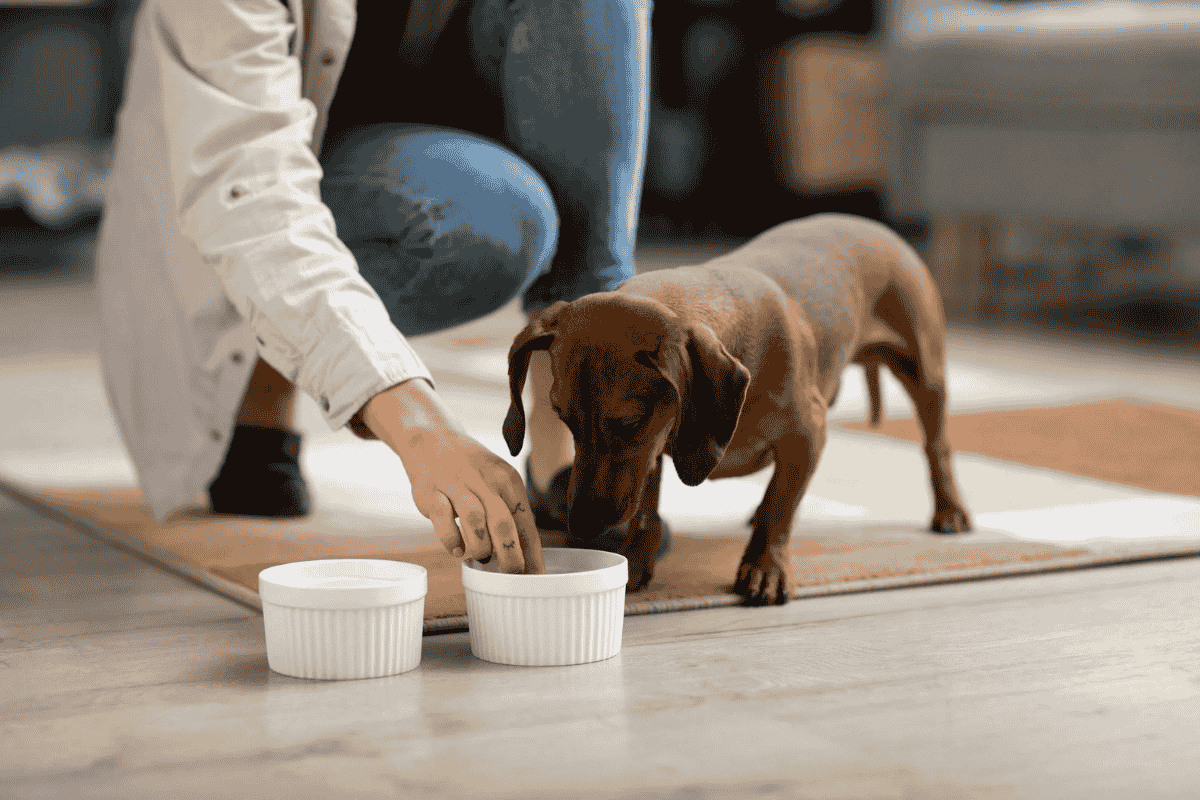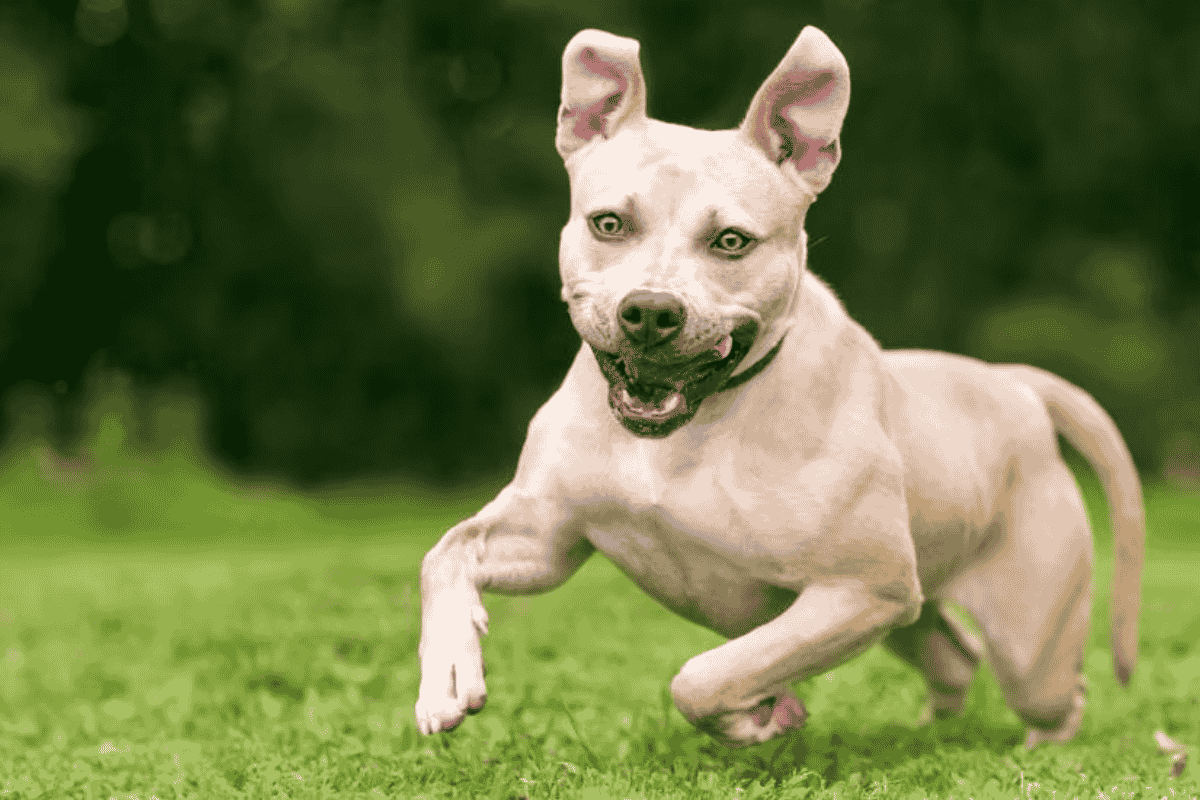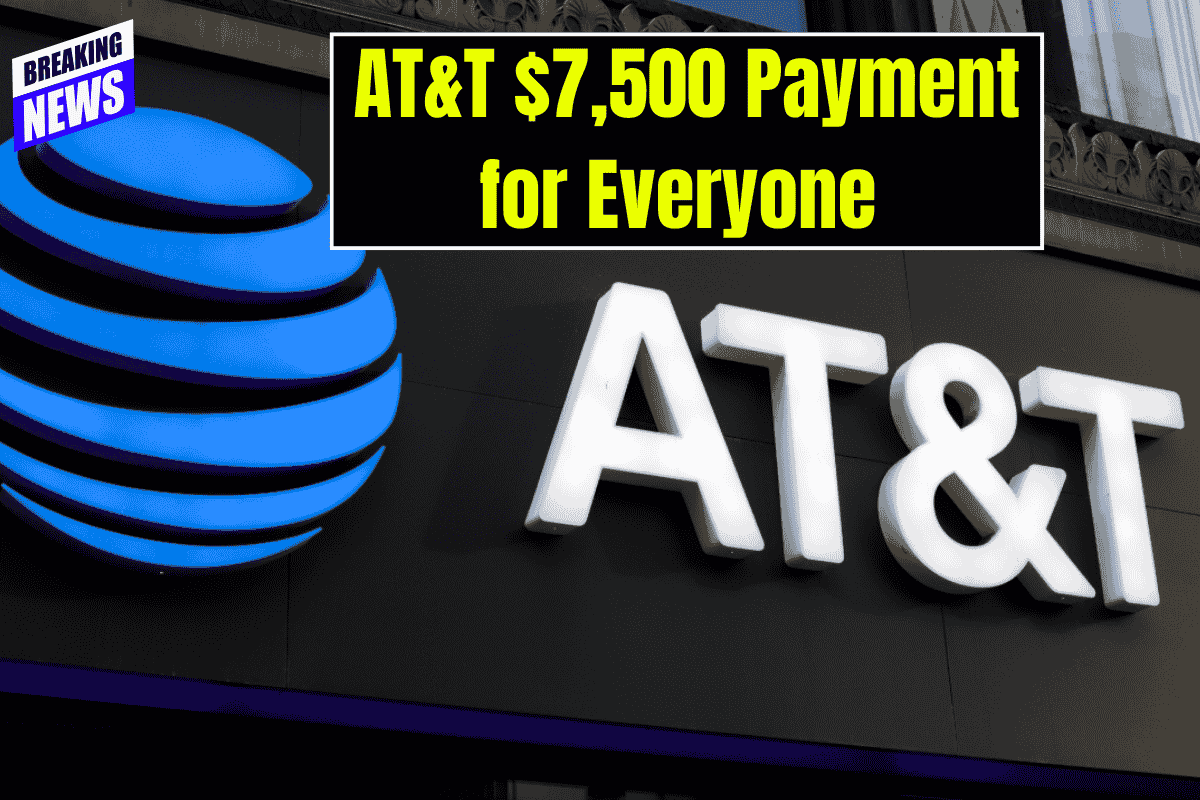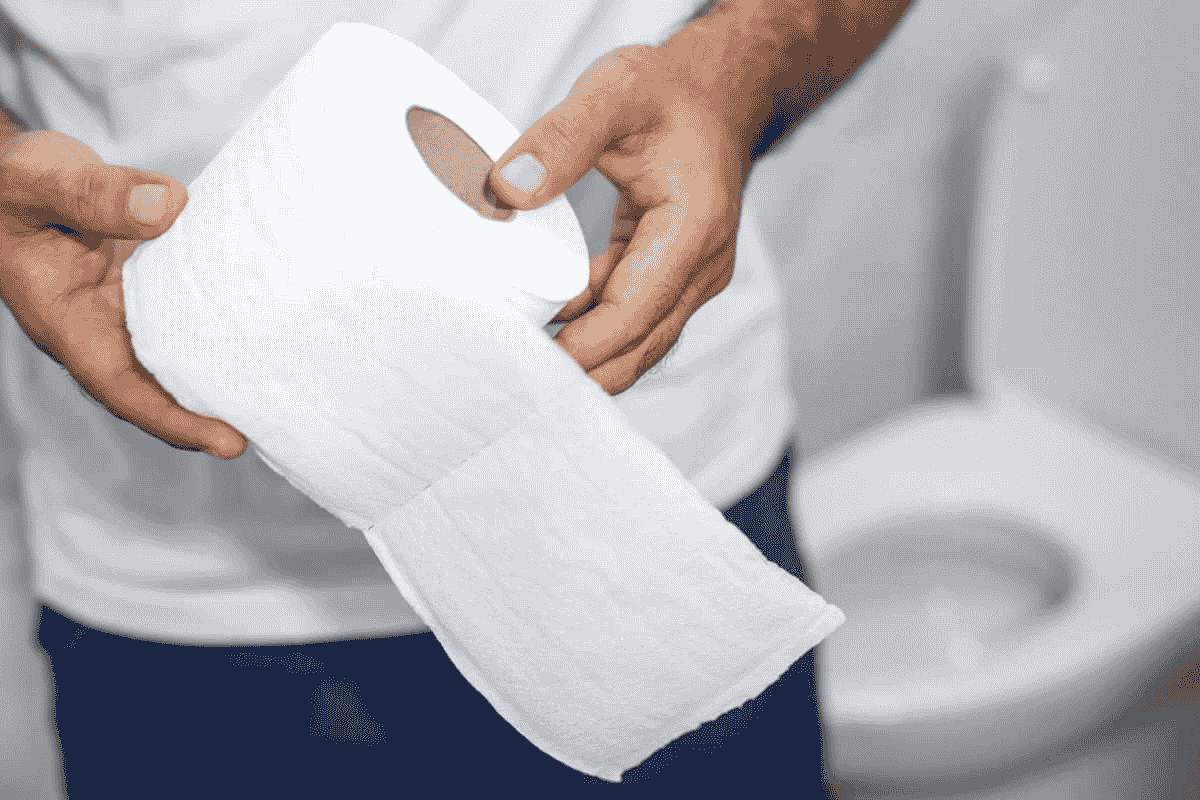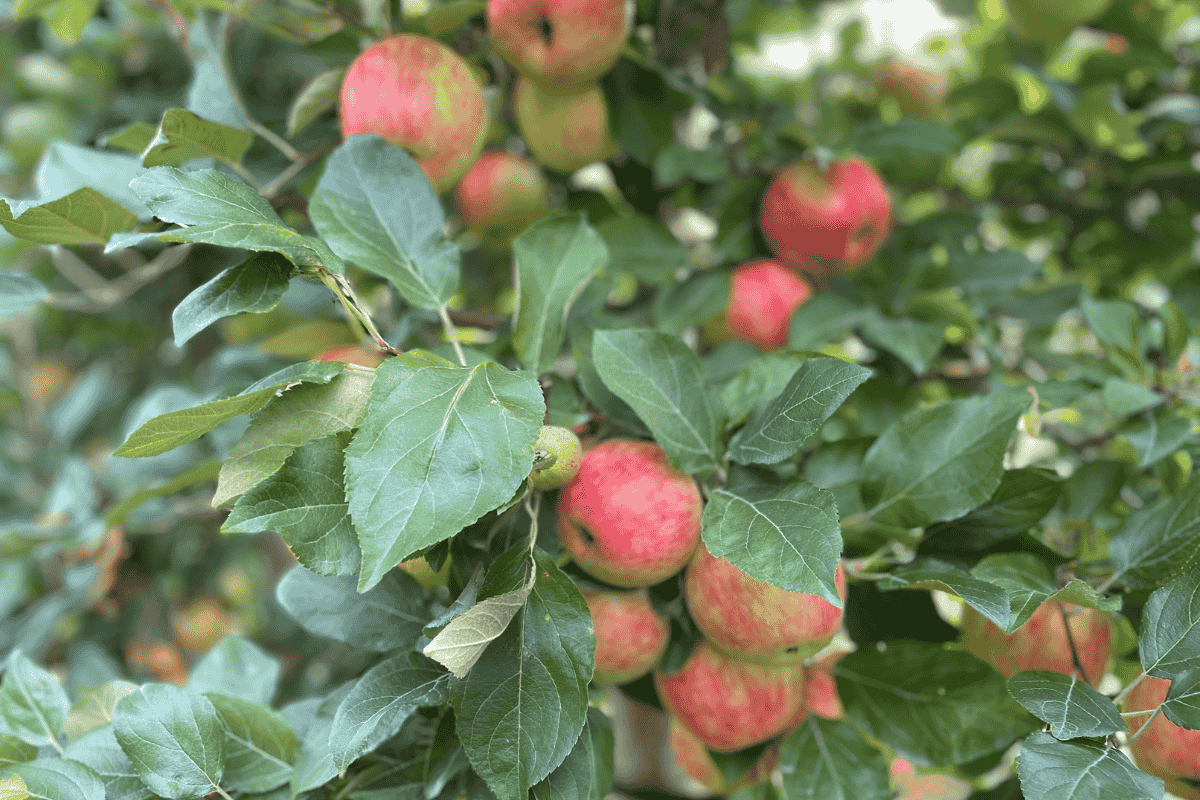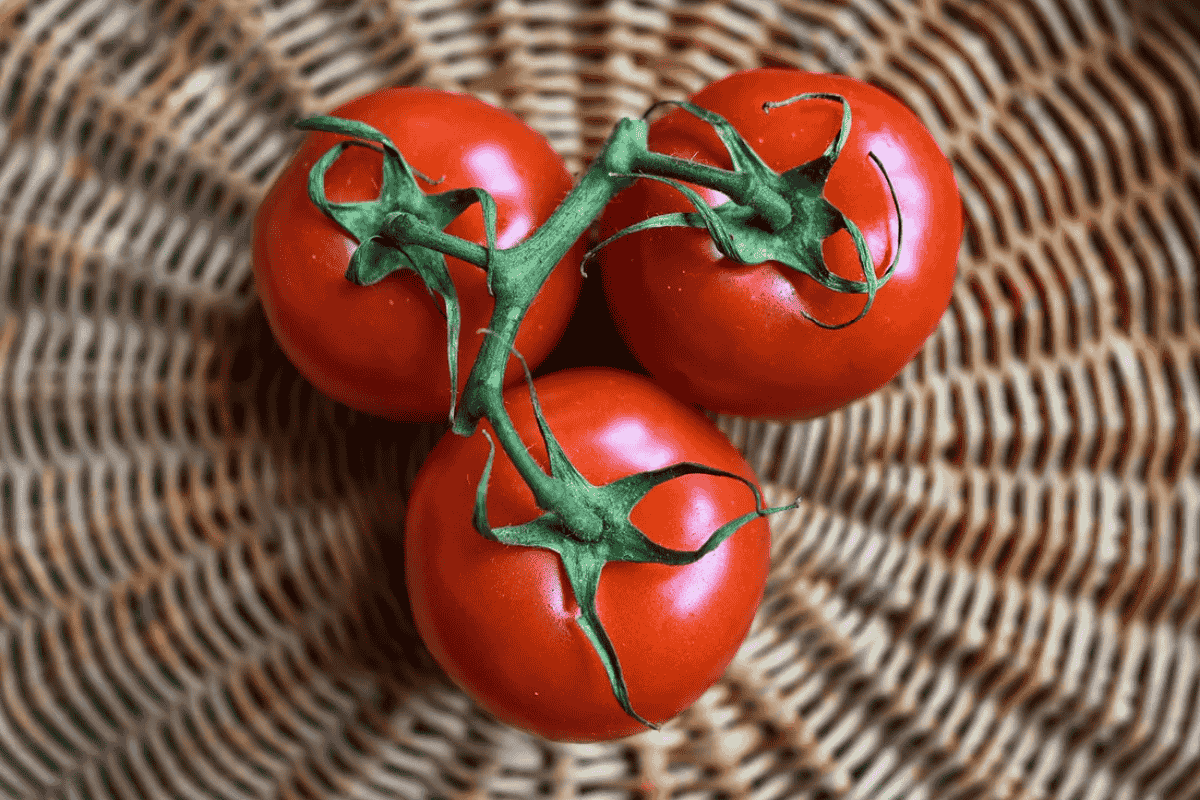Extra weight can sneak up on our pets, especially when we show love with food or skip out on exercise. While a few pounds may not seem like much, weight gain can put dogs at risk for serious health issues.
Here are some common mistakes pet parents make when it comes to maintaining a healthy weight for their dogs—and how to help your pup slim down safely.
1. ‘Guestimating’ Food Portions
One of the biggest mistakes is not measuring your dog’s meals. Using cups, bowls, or handfuls to scoop food can lead to overfeeding.
- Always use a proper measuring cup to ensure consistent portions.
- Check the feeding guidelines on the dog food bag for recommendations based on your dog’s ideal weight.
- Ask your veterinarian for guidance if you’re unsure.
- Avoid leaving food out all day. Instead, consider a portion-controlled feeder like the Patpet automatic feeder.
2. Forgetting To Count Treats
Treats may seem harmless, but they can account for a large portion of your dog’s daily calories.
- Treats should make up no more than 10% of daily calories.
- Subtract treat calories from your dog’s total daily allowance.
- Break larger treats into smaller pieces during training.
- Choose low-calorie options and always read the labels.
3. Not Enough Exercise
Exercise is essential for both physical and mental health. Without it, dogs are more prone to weight gain and behavioral issues.
- Most dogs do well with a 20–30 minute daily walk.
- Add variety with games like fetch, tug-of-war, or agility activities.
- Work with your vet to build a safe exercise plan if your dog is overweight.
4. Feeding the Wrong Food
Not all foods meet your dog’s nutritional needs.
- Choose a high-quality, AAFCO-approved food appropriate for your dog’s life stage (puppy, adult, senior).
- Dogs with significant weight issues may need a veterinary weight-loss diet, such as:
- Hill’s® Metabolic – supports metabolism-based weight loss.
- Royal Canin® Satiety – promotes fullness and reduces begging.
- Always consult your vet before switching to a therapeutic diet.
5. Feeding Table Scraps
Sharing human food may feel like love, but it can harm your dog.
- Table scraps are often high in fat and calories, leading to weight gain.
- They can also trigger vomiting, diarrhea, or even pancreatitis.
- Stick to balanced, commercial dog food to ensure proper nutrition.
Helping your dog maintain a healthy weight comes down to measured feeding, mindful treats, regular exercise, and the right diet.
If your pup is already overweight, work with your veterinarian to create a safe and effective weight management plan. Small, consistent changes can make a big difference in your dog’s health and happiness.
